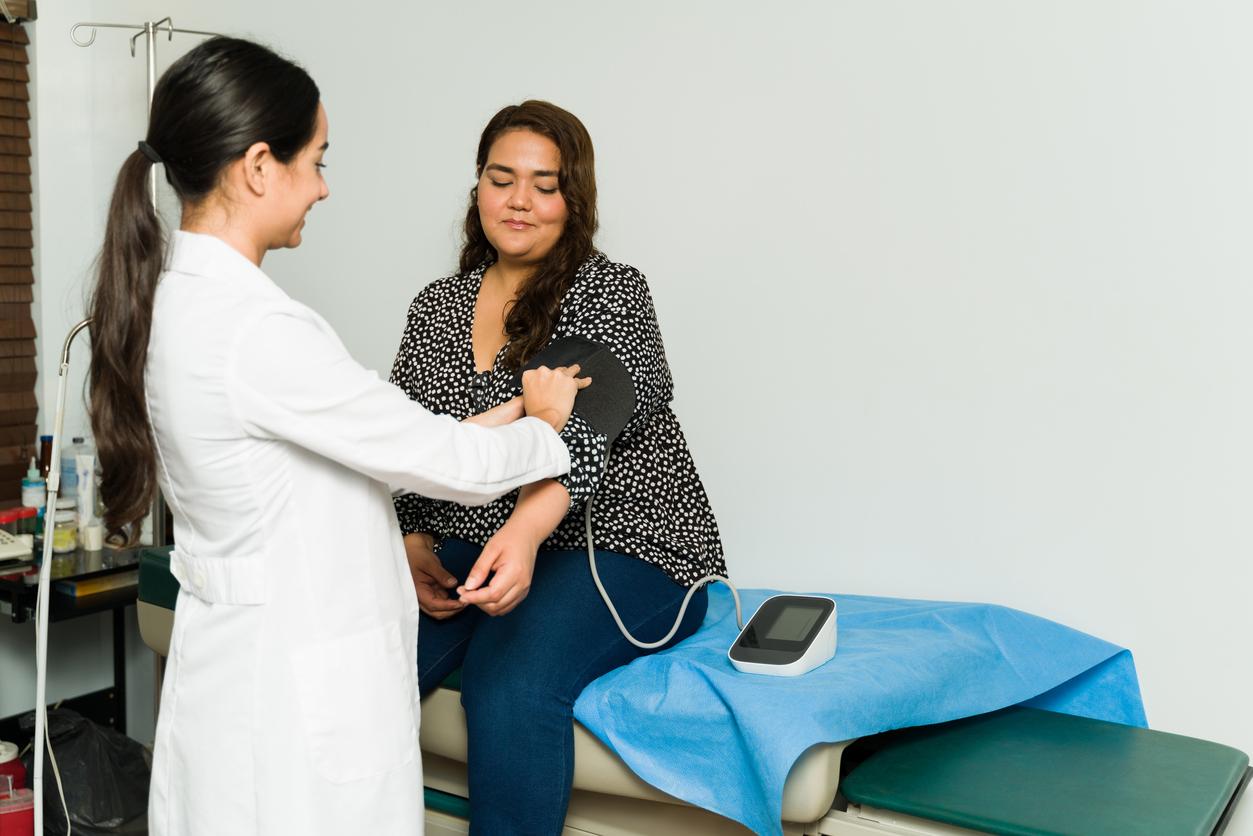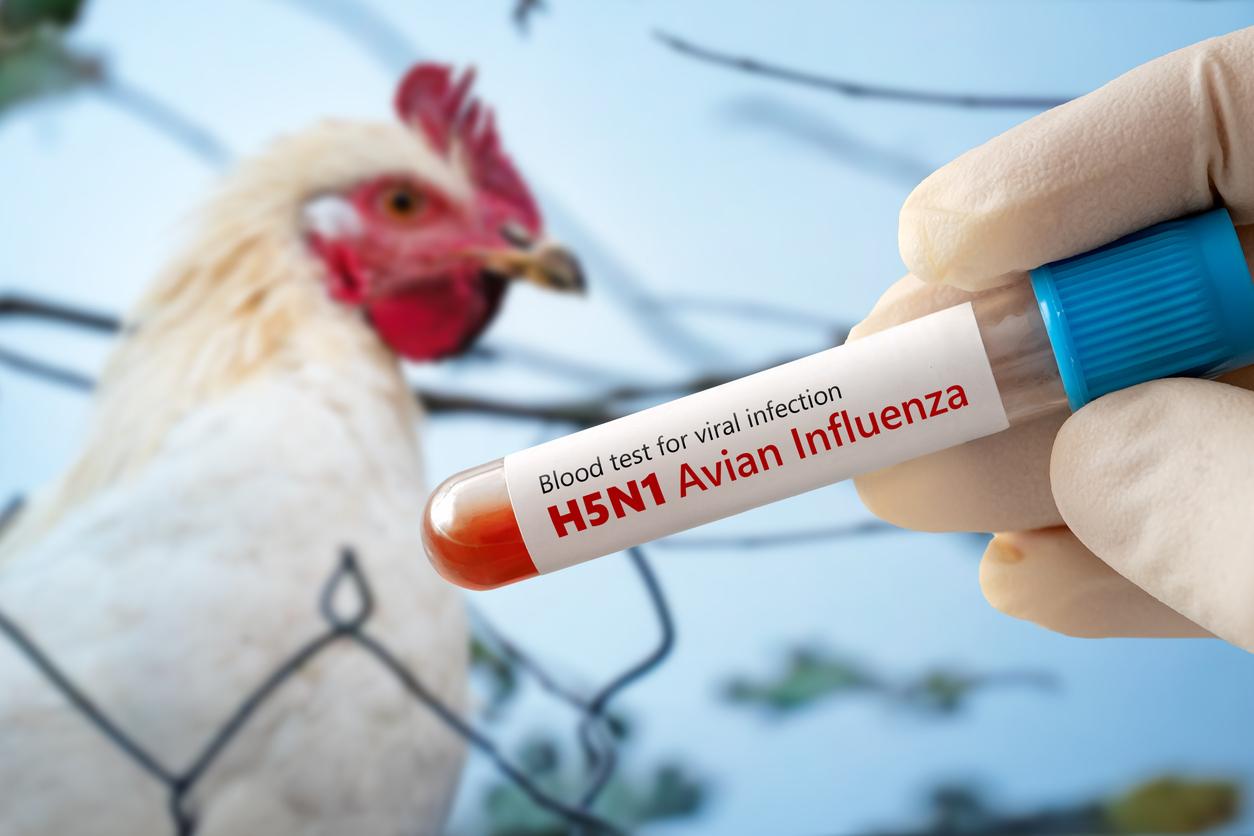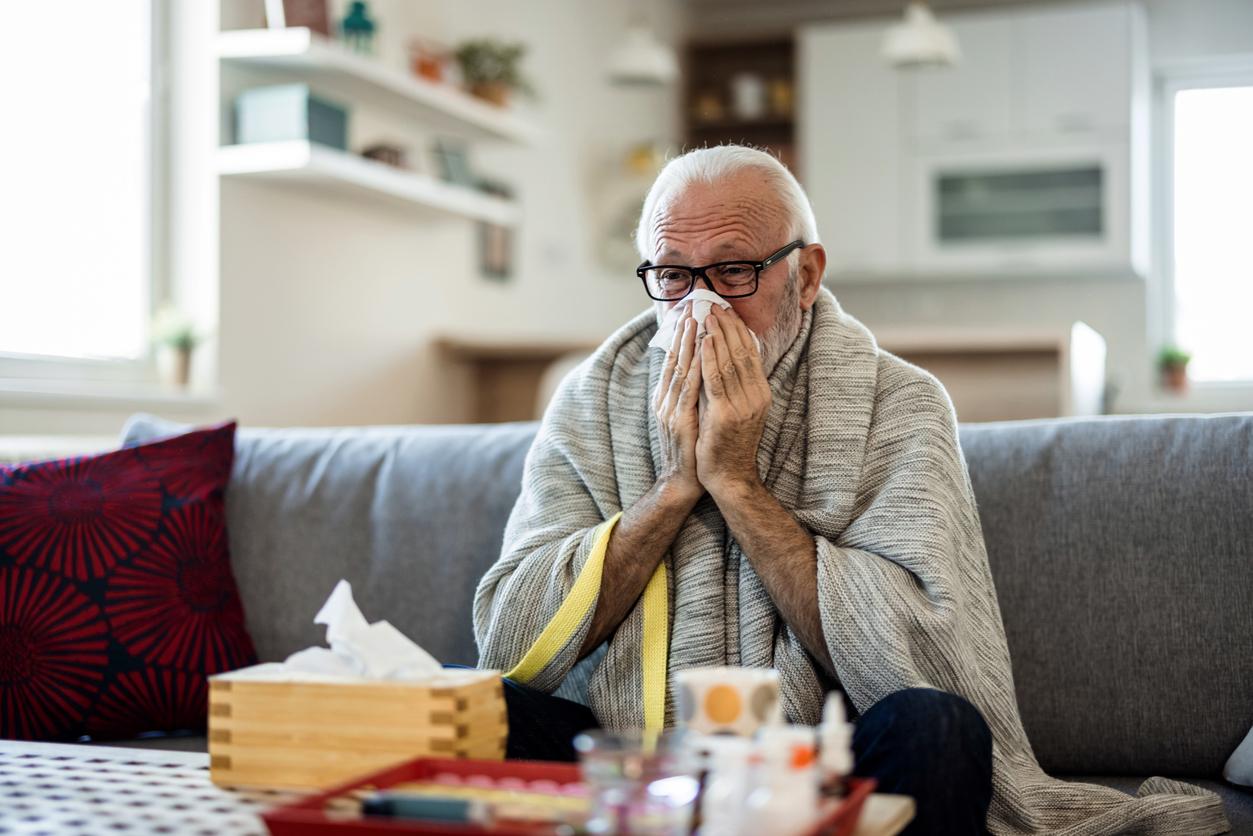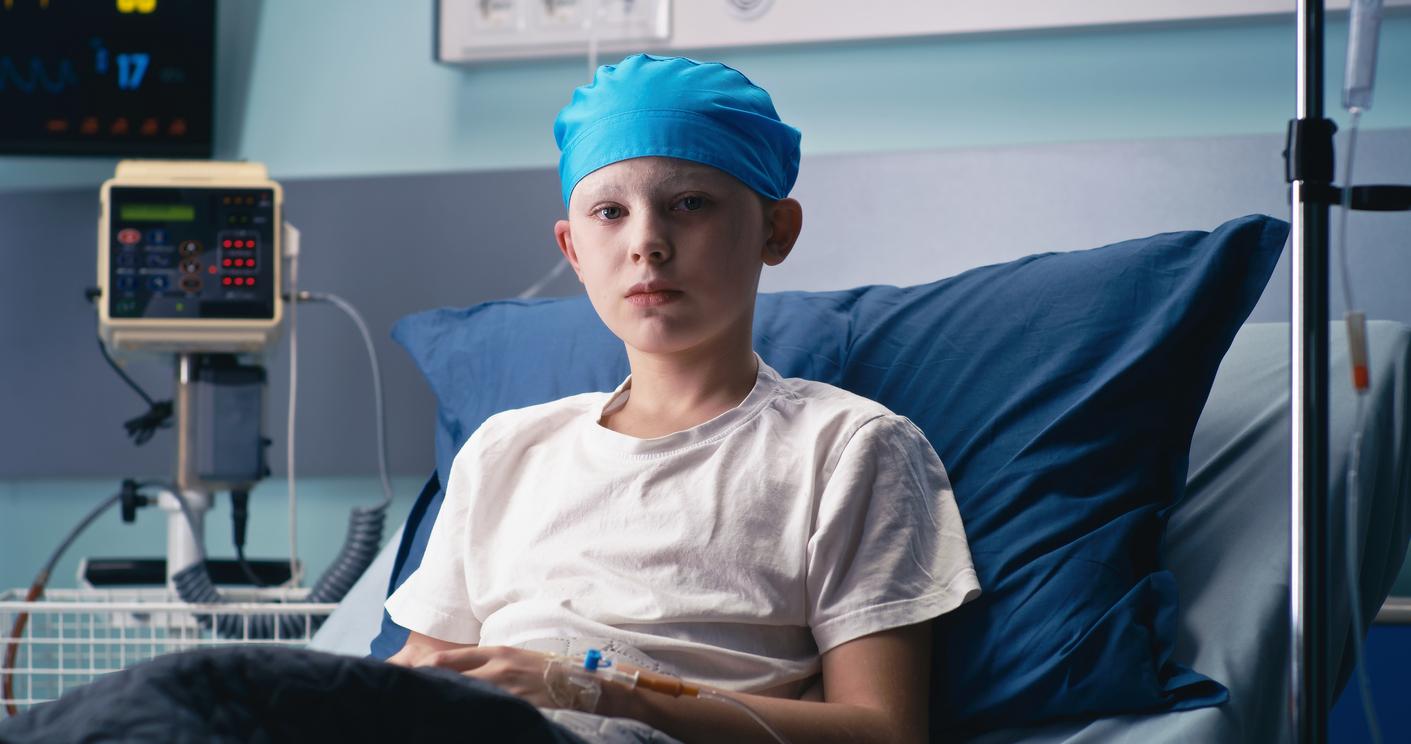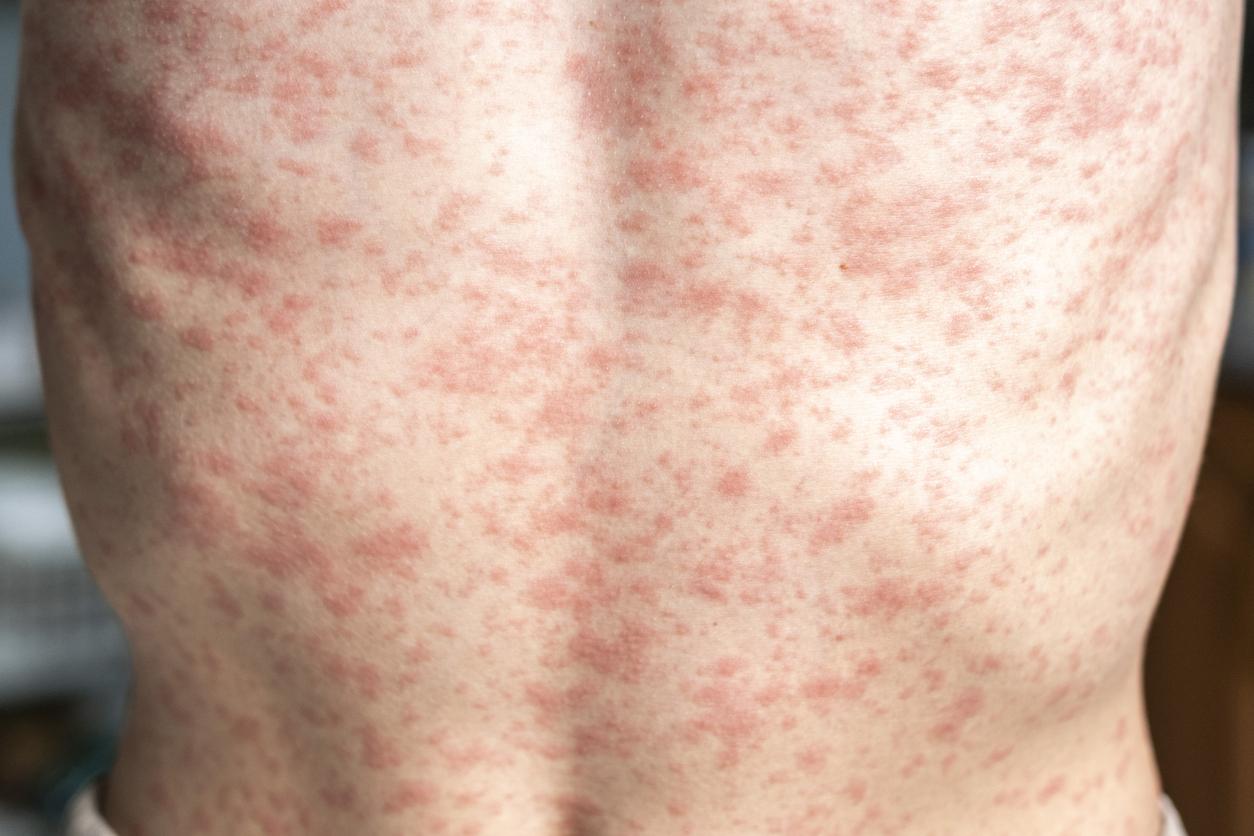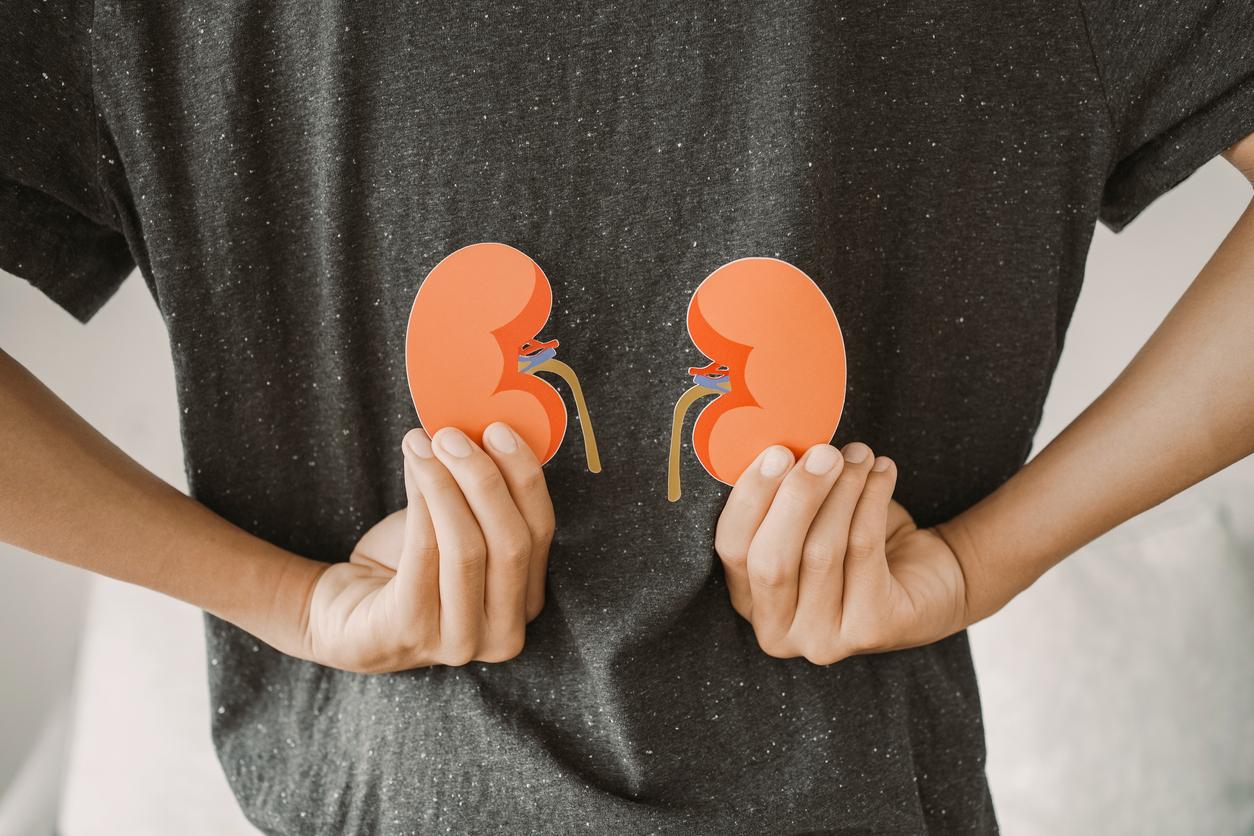Russia announces that it has developed a vaccine against cancer, capable of slowing the growth of tumors and preventing the development of metastases. The international scientific community remains skeptical.

- Russia announces that it has developed a universal cancer vaccine, capable of slowing the growth of tumors and preventing the development of metastases.
- This should be available from the start of 2025 and completely free.
- The scientific community remains skeptical for the moment because there is no publication – and therefore no evidence – regarding this new vaccine.
This is news that could revolutionize the lives of millions of patients: Russia announces that it has developed a universal vaccine against cancer. This should be available from the beginning of 2025 and completely free, according to Andrey Kaprin, director of the Radiology Research Center, affiliated with the Russian Ministry of Health, according to information from RTL info.
A vaccine capable of slowing the growth of tumors
The technology used has become better known since the Covid-19 health crisis: lmessenger RNA. The principle of action is as follows: the immune system is trained to recognize and destroy cancer cells.
According to Russia, the results of clinical trials are very good, which allows them to argue that this vaccine would be effective in slowing the growth of tumors. But that’s not all, this new product could also prevent the development of metastases. Metastatic cancer is when the cancer initially developed by an individual spreads to another part of their body.
On a global level, this announcement is very important. Indeed, 20 million new cases of cancer and 9.7 million deaths linked to this pathology were recorded in 2022, according to the World Health Organization (WHO). However, the scientific community remains skeptical for the moment.
The doubts of the scientific community about this new vaccine
“I don’t see anything about this in scientific journalssays Professor Kingston Mills, immunologist at Trinity College Dublin, to the magazine Newsweek. As a scientist, this is usually where you start reading about a major breakthrough. I don’t see any articles on this subject, so scientifically I have nothing to base it on”.
Michaël Herfs, certified Belgian researcher FNRSgoes even further at the microphone of RTL info : “It actually looks more like scientific propaganda. But we [espérons] that it’s true, but I still very much doubt it”.




